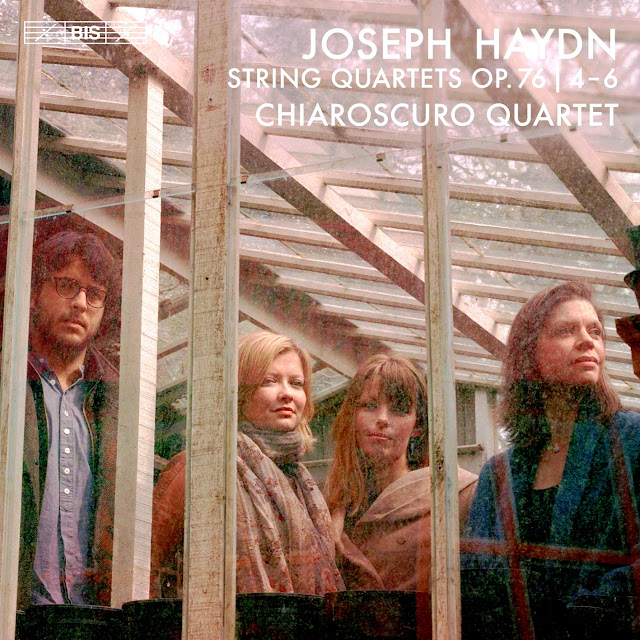As I write this, it's really been something of a damp squid of a weekend with very heavy rain, power issues in parts of the country and no good for being out of doors which as I said the other week is really more my thing.
So apart from sorting out the Bookmarks on my computer removing any dead ones I've been listening to some music .
While there is no shortage of regular cd's with excellent accounts of Holsts's ever popular Planet Suite none had matched the heights of my Boston Symphony conducted by William Steinberg account of 1971 for playing and indeed technically very good being originally engineered for four channel quadraphonic soundIt was with some interest that recent this super audio cd came out by an orchestra whose reputation has grown over this century going beyond the works of Grieg and other Scandinavian composers.
This does match playing excellence with technical excellence offering an enjoyable performance that keeps you on your toes but free from wilful showmanship so we hear what Holst had to say rather than the ego of a conductor and his orchestra.
This may well be the final word on digitally recorded multi channel discs which given the dirth of really good accounts on sacd at least puts an end to the search for the holy grail of this format.
The Six String Quartets, Op. 76, form one of the most renowned of Haydn's sets of quartets, and carry the stamp of their maker: No other set of eighteenth-century string quartets is so diverse, or so unconcerned with the norms of the time.
In the words of Haydn's friend and contemporary Charles Burney they are full of invention, fire, good taste and new effects. On the present disc, the first of two, we hear the first three quartets, including the Fifths quartet (No. 2) so named after the falling perfect fifths with which it begins. The most famous of the set - and possibly of all Haydn quartets is No. 3, however: the Emperor quartet with its second movement: a set of variations on the Kaiserlied which Haydn had recently composed to the greater glory of the Austrian Emperor Franz II.
This is played on period instruments, usually a turn off for me but this performance by the Chiaroscuo Quartet is tuneful with body and is extremely well recorded on this stereo and surround sound Super Audio cd, playable on regular cd players tooIn March of 2021 I added the follow up disc of the No. 4 to No.6 opus 76 quartets







No comments:
Post a Comment